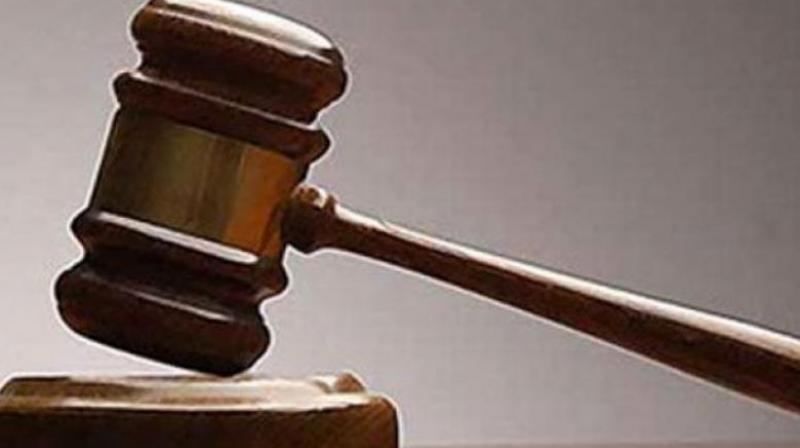Chennai: Cops to be trained to handle juvenile cases
Justice Juvenile Committee to expedite pending cases.

Chennai: Following the Justice Juvenile Committee’s order asking district courts to expedite pending cases for adoption certificates, the number of cases have come down from 177 in January last year to 66 as of May 2017, said Thamarai Kannan, CB-CID at the southern regional conference held by National Human Rights Commission in collaboration with the Tamil Nadu government to review the implementation of Juvenile Justice (Care and Protection of Children) Act, 2015.
Under the Juvenile Justice Act, vulnerable children in need of care and protection from the state must be sent to the district child welfare committee, which determines the form of rehabilitation they require.
The courts were accused of delaying the process at least by three months in the case of each child.
“The State would now ensure that juveniles are not subjected to prolonged detention in observation homes. Also, juvenile homes would be more child-friendly where they would get to decide menus and participate in cultural activities,” said Kannan.
He further added that the Tamil Nadu police, in a move towards child protection have fully functional anti-human trafficking units, juvenile police units, a total of 1,498 child welfare police officers in the state and over 43 units were formed since March 2017 to curb the cases of missing children.
According to current statistics revealed in the conference, a total of 2,217 cases were registered in 2016 against Children In Conflict with Law (CICL) out of which, 440 are from Chennai. It is found that 80 per cent of the accused are aged between 16 and 18 years and have not completed their matriculation.
Proposing initiatives to reduce the number of cases, Kannan said child welfare police officers and special juvenile police units would be trained to understand child rights and child protection perspectives.
“This would put the system in place for fast handling of cases that would reduce pendency. Further, we would also partner with UNICEF and Loyola college for training and capacity building,” he said.
Also, detention conditions would be improved for CICL at police stations and special homes and action plans would be developed to handle juveniles, apart from increasing the number of awareness programs at juvenile homes.

